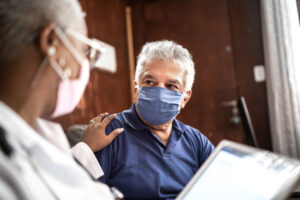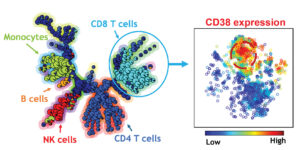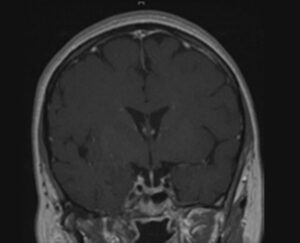Improving Telehealth in Psychiatry for Non-English Speakers

Telemedicine has become an increasingly important mode of care during the COVID-19 pandemic. Certain specialties lend themselves to telemedicine to a greater degree than others. One of these is psychiatry, thanks in large part to relevance of observation and conversation with patients and their families to obtain neuropsychiatric history.








